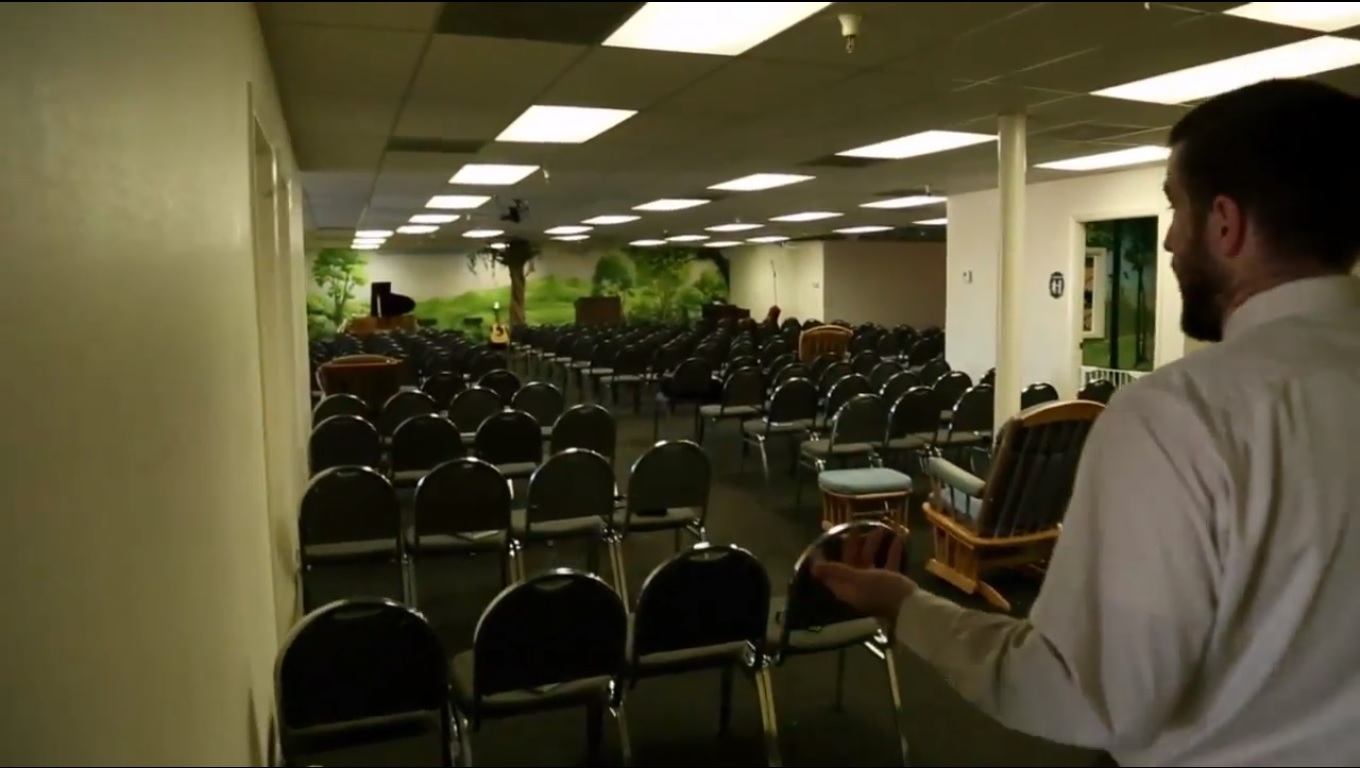|
Thoughts on Church Buildings August 14, 2016 The church is not a physical building, tabernacle, or temple. The church is the people. That said, it is very scriptural for a church to meet in a building. Even in the earliest New Testament church, they met in “the upper room,” which had to have been large enough to accommodate at least 120 people. We know that the church grew after that, so it was either a very large room, or they eventually moved to a different location. People who are against us meeting in a building are just silly because we can’t fit 300 people in our house, and neither can you. Faithful Word Baptist Church was started in a house since it was started from scratch, but when a new church already has over 50 members from day one, it no longer makes sense to start in a house. Success is not Measured by a Building People will criticize us for not owning a building, but God looks at our church as an assembly of people. We don’t need lofty spires and stained glass windows. In fact, we don’t want to pattern ourselves after Catholic cathedrals or Protestant palaces. We don’t care about impressing the gaytheists and fagnostics who make fun of us for meeting in an office space or strip mall. The average church member is happy with comfortable chairs and air conditioning, and we do our best to provide that. Pitfalls of Buying a Building It is impossible to anticipate the fluctuations in church attendance or changes in the real estate market. I’ve known a lot of churches that got into trouble financially by financing buildings. Just as people divorce over finances, church splits also happen for similar reasons. Buying a commercial property is different than buying a home. The minimum down payment on a business property is a higher percentage than what would be required to buy a house. Since we are not backed by a denomination, several people would have to cosign on the loan. When I get up and preach a face-ripping sermon, I don’t want to have to worry about running off wealthy trustees or cosigners who may not necessarily be the most spiritual people in the church. I’ve seen churches split over finances, whether things went well or poorly. I can tell you about churches that did well financially, and it corrupted the pastor. I have also seen churches get smaller to the point where they could no longer afford the building. Even if a building just fell into our lap, I would not want to lose the flexibility of renting. When you rent a building, you can select the building for the size you are right now. There is no long-term commitment, so you can upgrade or downsize as needed. There’s no stress over the cost of major repairs since you can simply call the landlord. “Lay not up for yourselves treasures upon earth, where moth and rust doth corrupt, and where thieves break through and steal: But lay up for yourselves treasures in heaven, where neither moth nor rust doth corrupt, and where thieves do not break through nor steal: For where your treasure is, there will your heart be also.” Matthew 6:19-21 When there is money in a building, the church can be targeted. This could come in the form of a lawsuit, harassment from the I.R.S., or members trying to overthrow the pastor to gain control of the facility. When you have nothing, you have nothing to lose. I’m not saying it is wrong for other churches to buy or build buildings. I’m just explaining why Faithful Word Baptist Church will never own a building. Here is a sermon that explains this concept in greater detail.
|

